About Gorilla
Gorilla was launched on the 1st October 2016 and is created by Cauldron Science.
We are specialists in creating software for behavioural scientists. We started out as a consultancy service, developing bespoke software for online research projects. With that experience, we realised we could create a tool that would give behavioural scientists the freedom to make their own online experiments, quickly and easily.
Since 2016, Gorilla has grown from 3 people to a team of more than 10. We’re a mix of behavioural scientists and software developers, with a shared interest in board games, bad science jokes, and pushing the boundaries of online research.
We also have an amazing community of researchers who are generous enough to help us improve our tools. You can see some of the things they’ve achieved with Gorilla on our publications page and join the discussion in our Facebook Group.
Online research is a fast-growing field and we’re committed to facilitating high quality research and open science. An overview of Gorilla is presented in our Behavior Research Methods paper, Gorilla in our midst: An online behavioral experiment builder. We have also published a peer-reviewed large-scale study of timing accuracy across platforms, web-browsers and devices.
In our desire to make life easier for researchers, and as supporters of Open Science practices, Gorilla includes an open access repository for sharing research materials. Explore Gorilla Open Materials to discover and clone a wide range of tasks, questionnaires and experiments shared by our users.

The Team
Cauldron is led by Jo Evershed (CEO) and Nick Hodges (CTO).

Loves providing behavioural scientists with tools to liberate their work from the lab and accelerate the creation of evidence-tested interventions. She holds a BSc in Psychology from UCL and a BSc in Combined Studies (Economics and Business) from Oxford Brookes and was an Innovate UK Women in Innovation Award Winner.
Jo’s focus is on inspiring researchers to adopt online research methods be that with our BeOnline conference, core Gorilla Tools or through our Gorilla Games Studio.

Loves building new tools. His background in computer games where he worked on some of its biggest and most prestigious franchises, such as Call of Duty, Lara Croft, Biohazard and Metal Gear Solid. He holds a BSc in Computer Science from the University of Bristol, and after graduating spent two years teaching English in Japan.
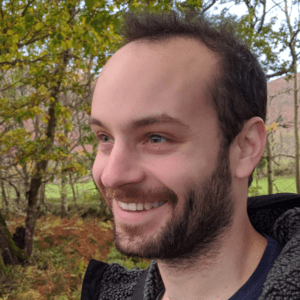
Finds few things more satisfying that innovating solutions and solving problems — this combination has resulted in someone who actually enjoys hunting bugs through code. Having worked for several years as a full-stack web developer, he likes having the ability to contribute at whatever stage a project needs from the hosting environment right up to breaking things down in non-technical terms for an end-user.
Warren’s focus is on collaborating on the Gorilla platform wherever required to increase its flexibility and reliability, as well as bringing his web development experience to bear on Cauldron’s websites and communication platforms.
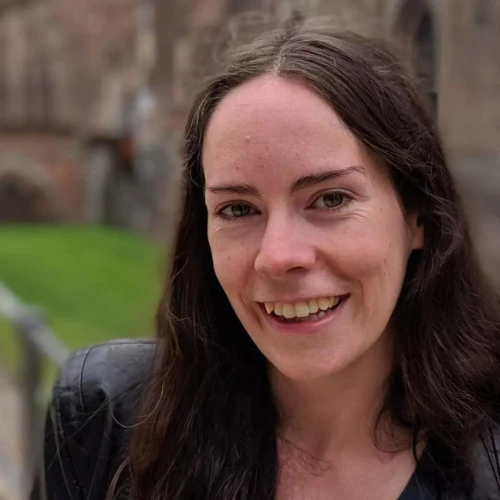
Loves solving problems and finding intuitive ways to explain complicated things. Starting from an undergraduate degree in English Literature, she took a weird path through working in scientific publishing, doing a masters and PhD in language evolution, and researching children’s language development in Chicago and London before deciding to look for opportunities outside academia.
After finding herself in the role of “designated tech person” in several different labs, she is happy to be making that role official at Gorilla as a Solutions Developer. Her focus is on support, consultancy, and helping users get started on the platform. In her spare time, she is an author of science fiction and fantasy novels.

Enjoys chatting with people about research, or anything at all really! Her main interests focus on child development in the context of linguistics, psychology, and psycholinguistics.
Eve completed her MSc Psychology degree at Anglia Ruskin University and wrote her dissertation on how infants with different neurodevelopmental disorders explore and interact with objects. Eve also has a BA degree in English Language and Communication from King’s College London, where her dissertation focussed on the aetiology of stuttering in young children and in traumatic brain injury patients.
Eve looks forward to helping researchers achieve their goals by taking their research online with Gorilla.

Loves data, research and people! She completed a BSc in Psychology and Cognitive Neuroscience at University of Leicester which sparked her interest in data collection and the importance of transparent and open research.
Currently, she is studying MSc in Data Science to explore data collection and analytics further. Megan is excited to start applying these new skills within her role within the Gorilla Support Team and help you with your online experiments and recognise Gorilla’s full potential. Don’t hesitate to get in touch!
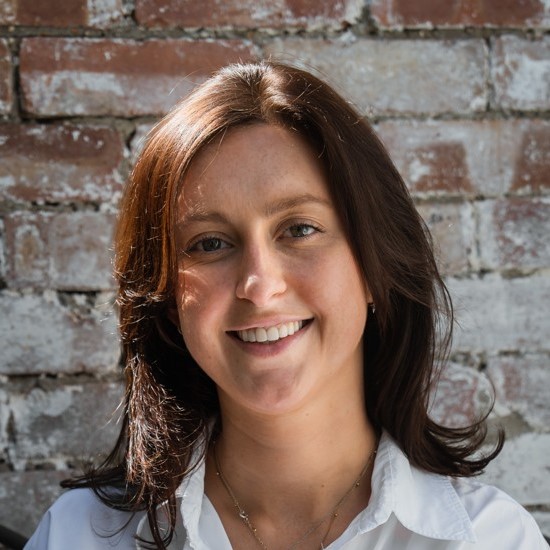
Loves all things organisation and planning — where there is an idea she is already looking to make it reality. Jemma brings almost ten years of executive assistance experience to the team, having supported various c‑suite and board level roles within both commercial and non-profit landscapes.
As Executive Assistant to our CEO and CTO, Jemma’s role at Gorilla focuses on core processes and business planning. With a keen interest in experiential marketing and engagement, she has previously executed a number successful events and is excited to get involved with future conferences and events at Gorilla.
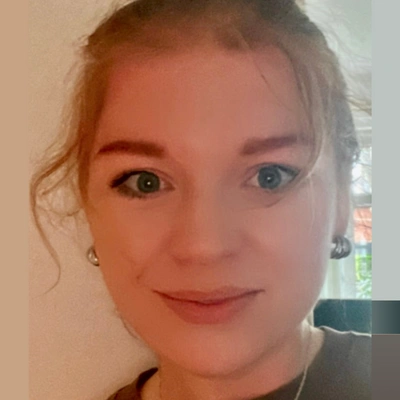
Is our #socialbutterfly! Her day is filled with running Gorilla’s social media platforms and all things Comms! With a degree in English Literature, Hollie loves creative writing, content creation and professional puns.
She also supports Jemma on the operations side of the business and planning fun activities for the team offsite. Out of office, you will find her on a run, in a restaurant, up a mountain, or whizzing down a rollercoaster!
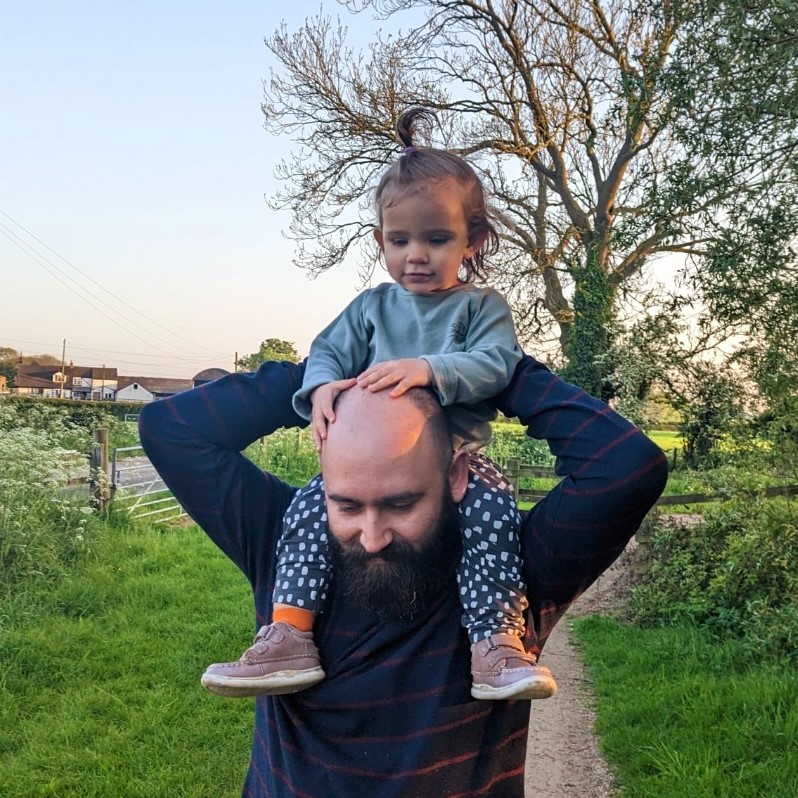
Joined Gorilla in March 2024 as a data scientist. He holds a degree and a Masters in Psychology and Cognitive Neuroscience. Before Gorilla, he spent a year in China teaching English — a wonderful experience! — and four years as a research associate, writing code to process data and develop research data pipelines. It's this experience working with data processing, combined with his interest in applied statistics, that he has brought to Gorilla to ensure the product's development and the company's direction is always aligned with the needs and behaviour of our users.
He's also interested in machine learning, and generally tinkering around with various programming languages and technologies; beyond that he enjoys playing the guitar (JS Bach being a favorite), a little piano, running, walks in the countryside, learning Mandarin, and most importantly, spending time with his beautiful daughter, Beatrix.

Loves building experiments and delving into the intricacies of research. With a BSc in Mathematics and Linguistics and an MSc in Developmental Cognitive Neuroscience from the University of York, her academic journey ignited a passion for innovative research and methodological designs. Now, she is writing up her PhD on the impact of number word morpho-syntactic congruency on numerical cognition.
Katie’s PhD experience has fostered a deep love for problem-solving and teaching others how to conduct transparent and rigorous research. At Gorilla, she channels this enthusiasm into providing support and developing materials to help users seamlessly bring their studies online.

Imogen has continued to have a keen interest in psychology even after completing her studies, namely in maternal mental health and the impact this has on childhood development.
Imogen completed her MSc Clinical Psychology degree in 2019 and went on to support students with learning difficulties as a Learning Support Assistant at Guildford College and then to work as part of the NHS Berkshire CAMHS department supporting the team with the triaging process.
At Gorilla, Imogen is part of the Sales Development Team. In her free time she enjoys playing videogames and creating art!
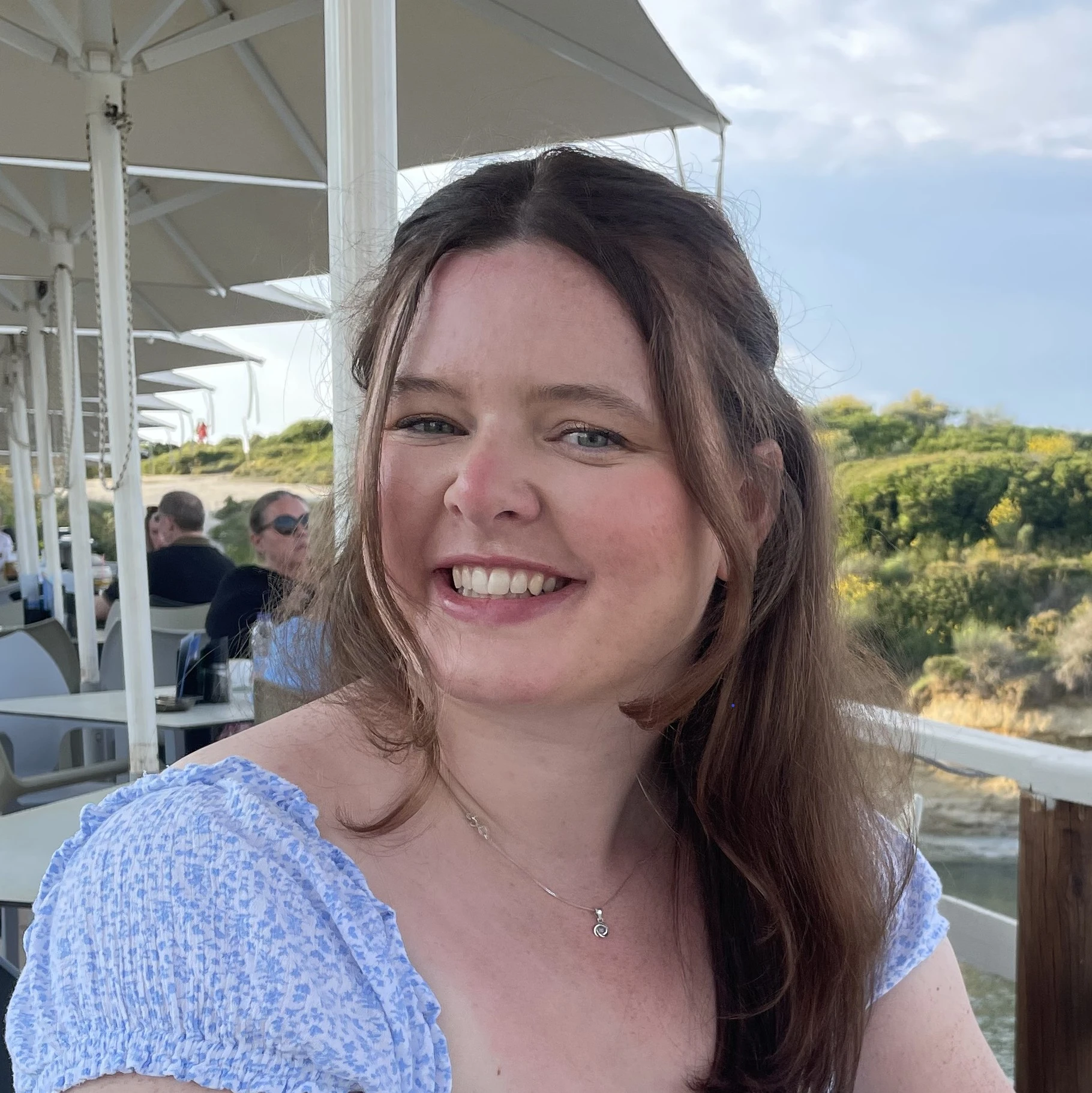
Caitlin loves to learn and develop her knowledge. She completed her BSc in Psychology at the University of Exeter and has maintained an interest in Cognitive Psychology following her dissertation exploring the mechanisms behind addiction (using Gorilla to do so!)
She is part of the Customer Success Team at Gorilla and loves to take the opportunity to talk to our users to hear about their experiences.
Outside of work you can find her enjoying everything Manchester has to offer - if you ever need food recommendations, you know where to go!
Gorilla wouldn’t be the product you see today without the help and support of our clients, collaborators, friends, colleagues and employees.
Special thanks to: Dr Suzanna Forwood, Dr Daniel C Richardson, Prof Sarah-Jayne Blakemore, Dr Mairead MacSweeny, Prof Diana Laurillard, Prof Brian Butterworth, Dr Jenni Rodd, Dr Becky Gilbert, Prof David Shanks, Delia Fuhrman, Jorina von Zimmermann, Jamie Knight and Simon Basher.